Former street/water superintendent worries about water quality
MOORESVILLE – Since retiring from his position as street and sewer collection superintendent last year, Joe Beikman has attended both of IAWC’s public meetings. Beikman said he once thought the town of Mooresville should run its own water system. But after seeing how town council members, past and present, have handled the sewer and stormwater systems, he wonders — can they actually offer the highest water quality to their residents?
In a letter to the editor, Beikman said after 38 years of serving the town, it was that which concerned him most; much more than IAWC’s future rate increases.
“While there has been money spent on the sewer collection system in the past, not much has been done in the last several years,” Beikman said of the most recent and current town councils. “That is because in approximately the last 15 years, there were no figures included for this in the rate studies. Consequently, there has been no regular maintenance done on the sewage collection system.
“The only work done was to clean out lines after they start to back up. This has led to backups into people’s homes and sewage overflows into nearby waterways and well head protection areas.”
Beikman said updates resulted in rate shock for sewer customers who recently experienced large sewer rate increases. It had been 20 years since they had been raised.
“This is not fiscally responsible,” Beikman said in the letter. “In my opinion, there should be a small increase every year or two to keep up with inflation.”
He said if the water system was run in the same way, IAWC’s rate increases in a single-tariff rate group would not seem so bad.
Beikman added, though, that if Mooresville is lumped in with another rate group, water bills will go up. But he said this could make needed big expenditures cheaper to accomplish.
Mooresville councilman Tony Langley said he doesn’t see the connection between managing and funding sewer and storm water projects from managing the town’s water system.
“It’s like comparing apples and oranges,” Langley said.
He pointed to the $15 million waste water treatment plant expansion that is about to be completed as an example of the town’s foresight and funding capabilities.
“We used capital funds left over from other projects, got a low-interest state revolving loan and some grants,” Langley said. “There are a lot of different ways to fund things. Every year, we come up with capital improvement projects for the town, and it’s not unusual for a sewer system as old as ours to have some groundwater infiltration. That’s the nature of the old clay tiles and pipe we have in the ground.”
But Beikman doesn’t agree.
“Can you imagine the costs of a new water tower or adding iron treatment to a small customer base such as Mooresville?” Beikman said.
He said neither the water company nor town officials are telling the whole story. He believes ratepayers need to know some of these facts to make an informed decision.
Sewer system problems
Dave Moore, the man who replaced Beikman, said the town has two major problems with its sewer system.
“Mooresville is in the middle of two creeks. The east side sewer interceptor, the pipe that crosses White Lick Creek, has been exposed because of erosion,” Moore said. “Swinney Brothers are going deeper and installing two new manholes.”
This project is scheduled to be done before the end of April, Moore said.
He said the other need is for a 15-inch sanitary sewer line from St. Clair Street to the sewer plant to catch water infiltration from neighborhoods at the town’s northern end.
It is the east side sewer line that is most affected by flooding, Moore said, and the town is in the process of working on a plan with HNTB, a civil engineering firm to update infrastructure.
“We have our prints, and we’re in the process of contacting property owners and getting 20-foot easements on either side of the road,” Moore said. “We’ve located several illegal hook-ons, and the system for finding these is difficult because we have to wait for big rains. There will be some manhole rehabilitation and line work that must be done. Lines need to be sealed.”
Moore added that the town also has trouble with stormwater infiltrating sewer lines, however the stormwater department is a separate entity from water and sewer. The wastewater operating fund is also separate from the yearly town budget.
Beikman said before he stepped down from his position last year, he had estimated a quote for the sanitary sewer line and it was open-ended depending on bids. But he said there was no follow-through by town officials.
According to town councilman Mark Mathis, that’s because there haven’t been any bids on it yet. Design work is still going on. And, Mathis said Mooresville will have the money to pay for it without rate increases for the project period.
“But I have to be honest, this is not a fix for water infiltrating our sewer lines. We are just replacing needed infrastructure. When we get some bids in, a presentation will be made to the town council,” Mathis said.
While Beikman was still employed, he had to spend much of his time dealing with compliance issues, as well as field work and water-flow problems. That was when Moore stepped in to help him with the outside duties. He said just keeping up with state requirements handed down regularly to municipalities is a challenging job in itself.
“Talk to the people involved and make your own informed decision,” Beikman advised residents. “If you don’t like the idea of the town running the water company, let your elected officials know… We’ve got to get the ground water out of our sewer system. They are not doing what they’re supposed to do.”
By Amy Hillenburg | Reporter | Published March, 3rd 2013 in The Reporter Times


Comments
No Comments